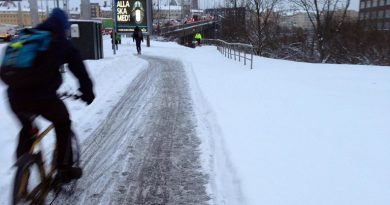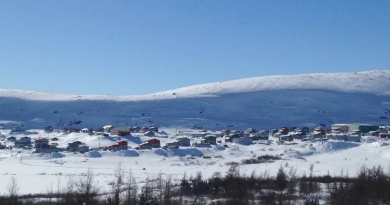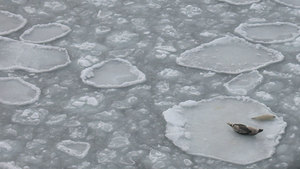Water reservoir in Iqaluit, Northern Canada almost full as winter nears
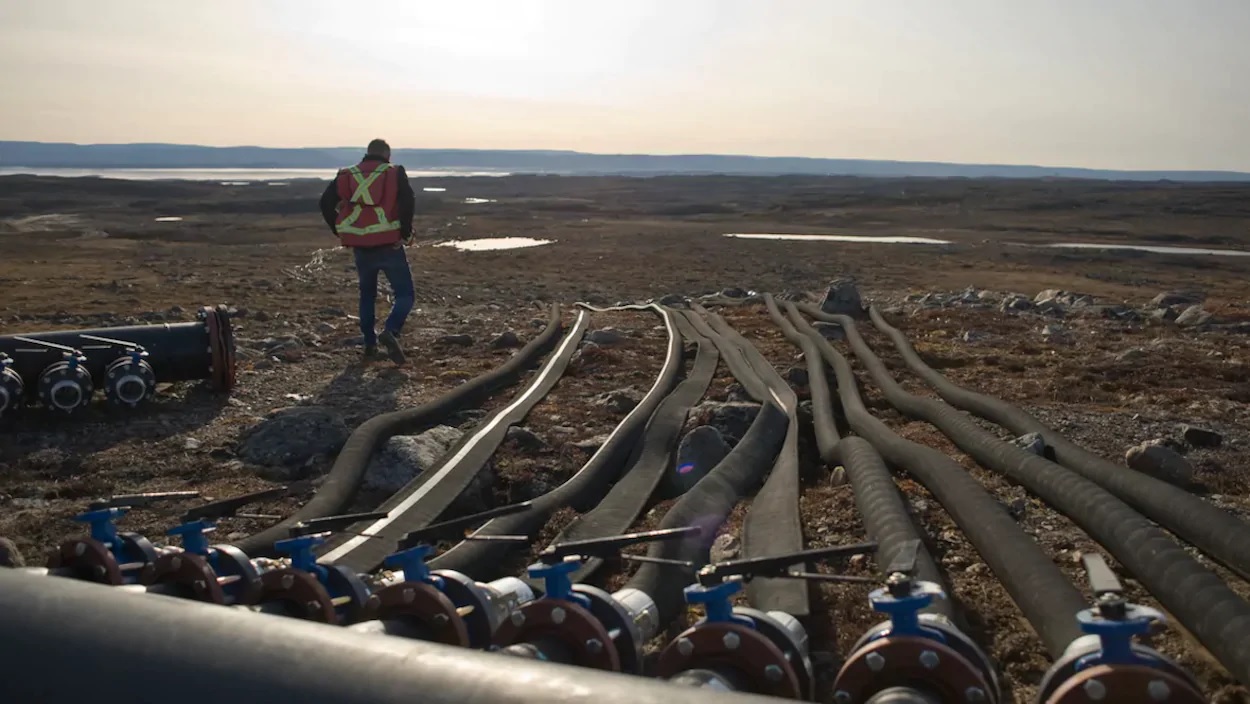
Finally some good news for Iqaluit residents regarding their water supply.
An emergency project to pump water from Unnamed Lake started in mid-August, and has been successful. The city’s reservoir at Lake Geraldine is projected to be filled ten days ahead of schedule.
The city’s deadline to remove the pumping equipment was originally Oct. 15, now they plan to take it out by Oct. 5.
“Pumping rates have been very good … we haven’t had many hiccups,” said Amy Elgersma, the city’s chief administrative officer, “and the rain that we received in September has helped as well.”
Along with the rain, water use is down five per cent in September, compared to August. It’s unusual to see water use go down this time of year, when people are returning home from vacation and people are going back to school, Elgersma says.
“Everywhere I go people are telling me what they’re doing to conserve water and wondering how the project’s going and how full the reservoir is,” Elgersma says.
She attributes this to the city’s water-wise campaign, which offered tips on water conservation, such as: taking short showers, replacing the flapper valve in toilets if it’s old, not running water while brushing teeth or doing dishes, and filling a jug with water and storing it in the fridge, instead of running the tap to get cold water.
The city is also working to fix any leaks in water pipes, and Elgersma wants Iqalummiut (residents of Iqaluit) to report leaks they see to the department of public works.
This spring the city started to divert water from the Apex River to supplement its supply, but a winter — and then summer — of low precipitation meant the river was run nearly dry in some areas. So the city worked with Stantec, a consulting firm, to come up with a solution.
Permanent solution yet to be found
In mid-August, the level of water in the reservoir was less than half-full; two or three metres below where it needed to be, says Matt Follett, a Stantec engineer who led this project.
“If you asked me about a month-and-a-half ago I probably would have said everyone’s gonna have to leave and you’ll have to call the army,” he says.
Both Follett and Elgersma agree, the city is going to have to come up with a long-term solution to provide Iqaluit with water. Right now, they don’t even know if Unnamed Lake will replenish the water that was taken out.
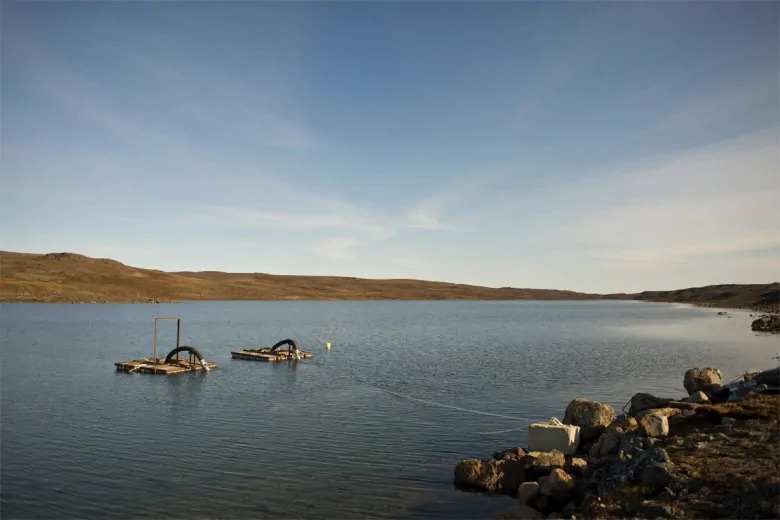
Elgersma says the city is looking for money to spend on long-term solutions, and studying the feasibility of expanding the reservoir (which currently stores enough water for a population of 10,000 — Iqaluit’s rapidly growing population is currently 7,700).
And, just because the reservoir is in good shape for the winter, doesn’t mean people can start washing their cars and having luxurious baths. Elgersma says if there were a major fire or if a main water pipe were to break in the winter, the city would be in a tight spot.
In the case of an emergency, she says the city would implement tighter conservation rules, and perhaps use a reverse osmosis machine to desalinate sea water.
With files from Kieran Oudshoorn
Related stories from around the North:
Canada: Water levels unusually low across Beaufort Delta region, in northwestern Canada, CBC News
Finland: After two dry summers, lakes and wells running low in Finland, Yle News
United States: Drought causing water shortages in Southcentral Alaska communities, Alaska Public Media

